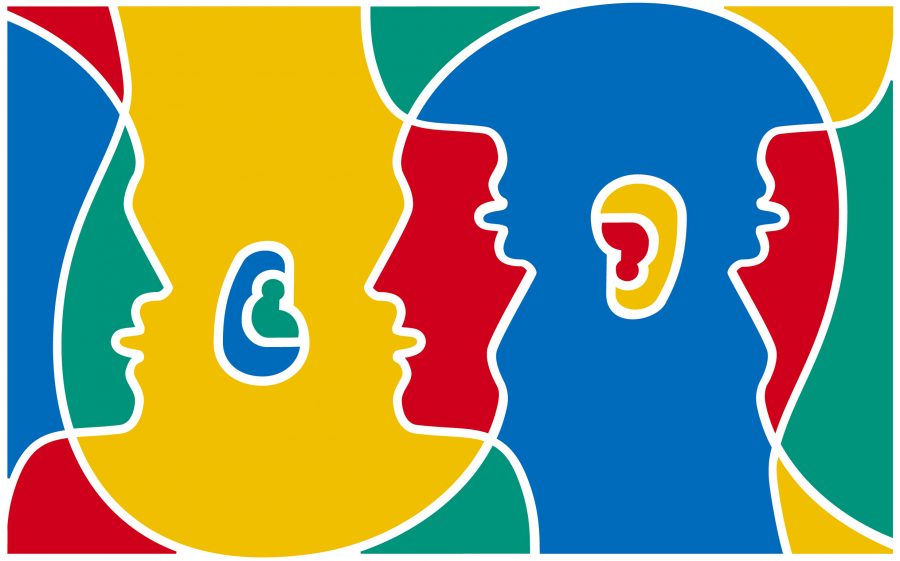
Mutterländische Amtssprache: Bezeichnung: Englisch (English) –
Anmerkungen: k. Ang. –
Sprachfamilie: Indoeuropäisch > Germanisch > Westgermanisch (Indo-European > Germanic > West) –
Anerkennung: De facto-Nationalsprache (de facto national language) –
Sprachstatus: EGIDS: Status 1 Nationalsprache (national) – WAL: sichere Sprache (safe) – ELP: k. Ang.[1] –
ISO 639-1-, -2- und -3-Codes: en, eng, eng[2] –
Glottocode: stan1293[3] –
Linguasphere-Code: 52-ABA (English)[4] ■
Territoriale Varietät: k. Ang.
[1] Status, Australia, Ethnoloɠue, Languages of the World, SIL International 2020, http://www.ethnologue.com/country/AU/status (aufgerufen am 2020-02-29) und Standard English in Australia, Languages, World Atlas of Languages (WAL), UNESCO Atlas of the World’s Endangered Languages, United Nations Educational, Scientific and Cultural Organization (UNESCO) o. J., https://en.wal.unesco.org/countries/australia/languages/standard-english (aufgerufen am 2022-12-16)
[2] 639 Identifier Documentation: eng, SIL International 2020, https://iso639-3.sil.org/code/eng (aufgerufen am 2020-01-29)
[3] Spoken L1 Language: English, Glottolog, Max Planck Institute for Evolutionary Anthropology o. J., https://glottolog.org/resource/languoid/id/stan1293 (aufgerufen am 2020-01-29)
[4] Indo-European phylosector, Linguaspere Register, hortensj-garden.org o. J., http://www.hortensj-garden.org/index.php?tnc=1&tr=lsr&nid=5%3D&lr=t (aufgerufen am 2020-01-22)
Bildquelle/n:
- Logo: European Day of Languages: Council of Europe (COE) | CC0 1.0 Universal
Neueste Kommentare